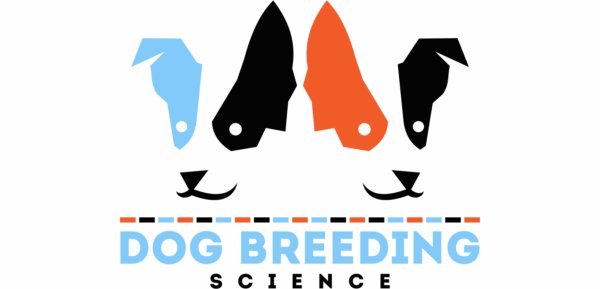Curly coat type 2
Summary
Curly-coated, fluffy dogs are adorable. On the other hand, curly-haired dogs, especially those that shed heavily, are more prone to matting than dogs with straight or wavy hair. Often, this variant of the KRT71 gene is responsible for a curly coat in dogs.
Less often, a different change in the KRT71 gene causes a curly coat. This variant, sometimes called 'C2' or 'curl 2', is responsible for curly coats in breeds such as the Curly Coated Retriever. Since the curly hair gene is incompletely dominant, dogs with only one copy of the 'curl' or 'curl 2' gene will have wavy hair. Dogs with two copies of either gene (or one copy of each gene) will have tight curls.
This 'curl 2' variant could also be linked to a type of hair loss (follicular dysplasia) in some dogs.
Gene or region and technical reference
Gene: KRT17 (causative). Reference: Bauer et al. (2018)
Reported alleles
n. Test developed using artificial DNA, animal controls.
C2. Test developed using artificial DNA, animal cases.
Panels: groups of tests that are often ordered together
This test is not in any panels.
